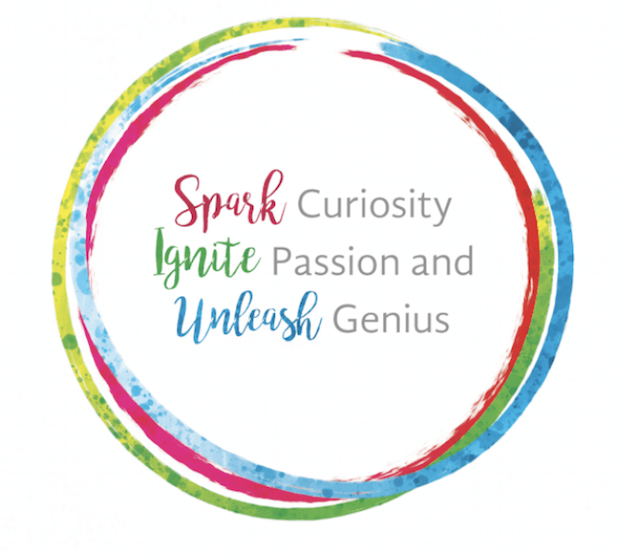This week will be the 2 year anniversary of the release of my book, Learner-Centered Innovation: Spark Curiosity, Ignite Passion and Unleash Genius. It has been amazing to connect with educators who are reading the book and who have shifted practices to impact learners as a result. Thank you for sharing your stories with me, learning and growing for your students, and for being a voice for what is possible in education.

Although I am so often inspired by significant progress and amazing things happening in classrooms, the tension between more personal and authentic learning experiences and foundational skills continues to be a hot topic in conversations. I wanted to share an excerpt from the book that deals with the challenges I hear from many educators and I’d love to hear your thoughts and ideas.
Educate for Life, Not School
New standards that promote more complex thinking and new curriculum with more challenging questions will not take us where we need to go if we continue to use standardized teaching methods. As discussed in the previous chapter, engaging students in authentic tasks that are driven by their questions and ideas can help develop the skills for life, work, and citizenship. That sense of autonomy and ownership of learning is a powerful aspect of intrinsic motivation.
Autonomy is just the beginning of providing educational opportunities that prepare students to thrive today and in tomorrow’s marketplace. The world is not static and neatly packaged. It is exciting, complex, and continually changing. To meet the needs of learners and the demands of society, our schools must embrace this truth sooner rather than later. Thomas Friedman argues, “The notion that we can go to college for four years and then spend that knowledge for the next thirty is over. If you want to be a lifelong employee anywhere today, you have to be a lifelong learner. And that means: More is now on you. And that means self-motivation to learn and keep learning becomes the most important life skill.”
With the pressure on to instill learning skills, not just knowledge, the response I hear from educators is, “but today’s kids aren’t motivated to learn!” You might be thinking, as others have expressed to me on occasion, “my students don’t even know how to read or aren’t even fluent in their basic math facts; shouldn’t we focus on those skills first?” These are real concerns, but I would argue that students’ lack of motivation is largely due to how learning experiences are structured in schools. We shouldn’t make learners wait until they master the basics to engage in authentic learning, nor should we ignore foundational skills. Clearly, focusing on the basic skills without a greater purpose does not solve the motivation challenge.
Here’s what I see too often in schools:
- Kids are held back from reading books they are interested in because the book isn’t at “their level.”
- Students are forced to practice their letters over and over before they can create their own stories.
- In math, learners work on basic facts and rote computation before they can try solving complex problems.
When students are behind in a subject or lack skills, what they need is more context. They need to understand the purpose for what they are learning. Instead, we reduce their education to drill and kill and never-ending worksheets, and then we wonder why they hate reading or think math is boring. Foundational skills are absolutely necessary, but students won’t master them without the motivation to practice and guidance to improve. If we want learners to be motivated, we need to provide opportunities that allow them to engage in authentic tasks that foster autonomy, invite the pursuit of mastery, and intrigue them with a sense of purpose.
You can also read the intro and first chapter here. The book was also just released on Audible for those who like to listen to books, you can get it here. I’d love to hear your examples of how you have shifted your practice or created authentic learning experiences.


0 Comments